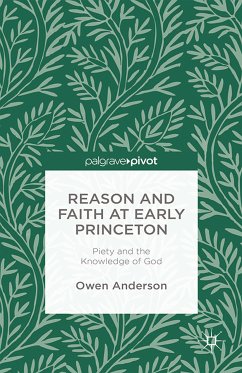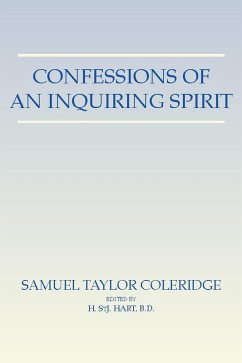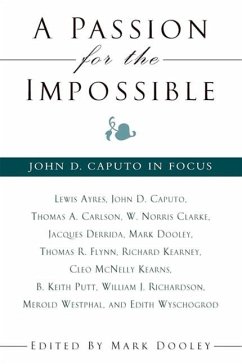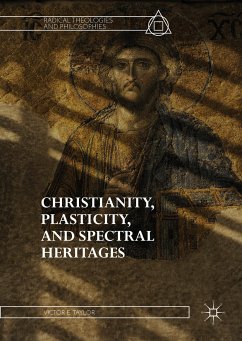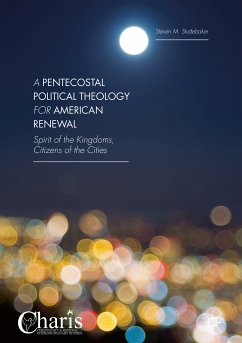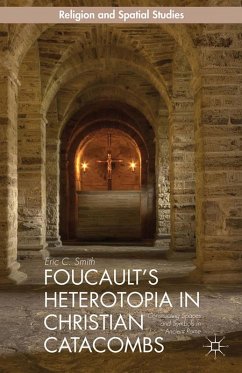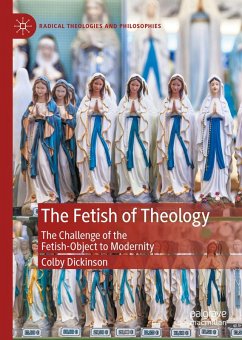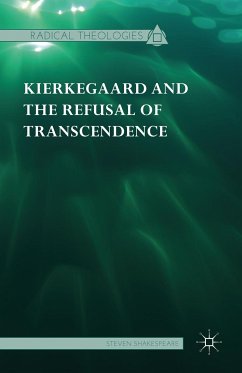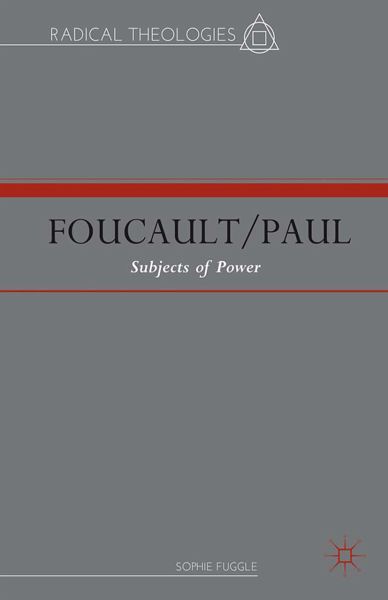
Foucault/Paul (eBook, PDF)
Subjects of Power
Versandkostenfrei!
Sofort per Download lieferbar
40,95 €
inkl. MwSt.
Weitere Ausgaben:

PAYBACK Punkte
20 °P sammeln!
The way which society conceives of power in the twenty-first century determines how it approaches future issues. Placing the twentieth-century French philosopher Michel Foucault into critical conjunction with the apostle Paul, Fuggle re-evaluates the way in which power operates within society and underpins ethical and political actions.
Dieser Download kann aus rechtlichen Gründen nur mit Rechnungsadresse in A, B, BG, CY, CZ, D, DK, EW, E, FIN, F, GR, HR, H, IRL, I, LT, L, LR, M, NL, PL, P, R, S, SLO, SK ausgeliefert werden.



